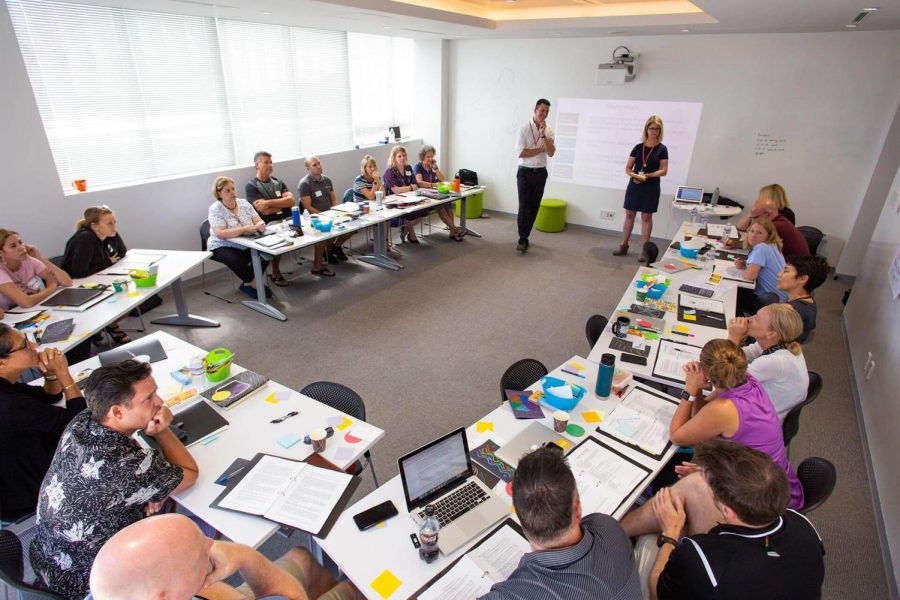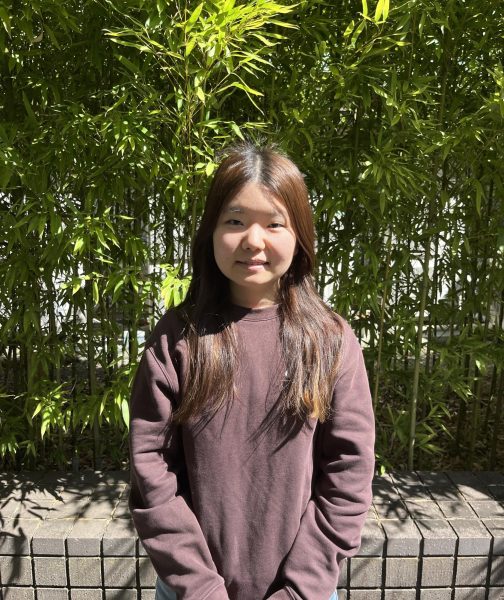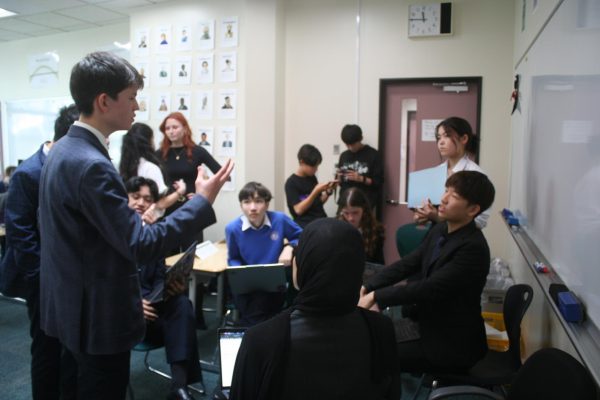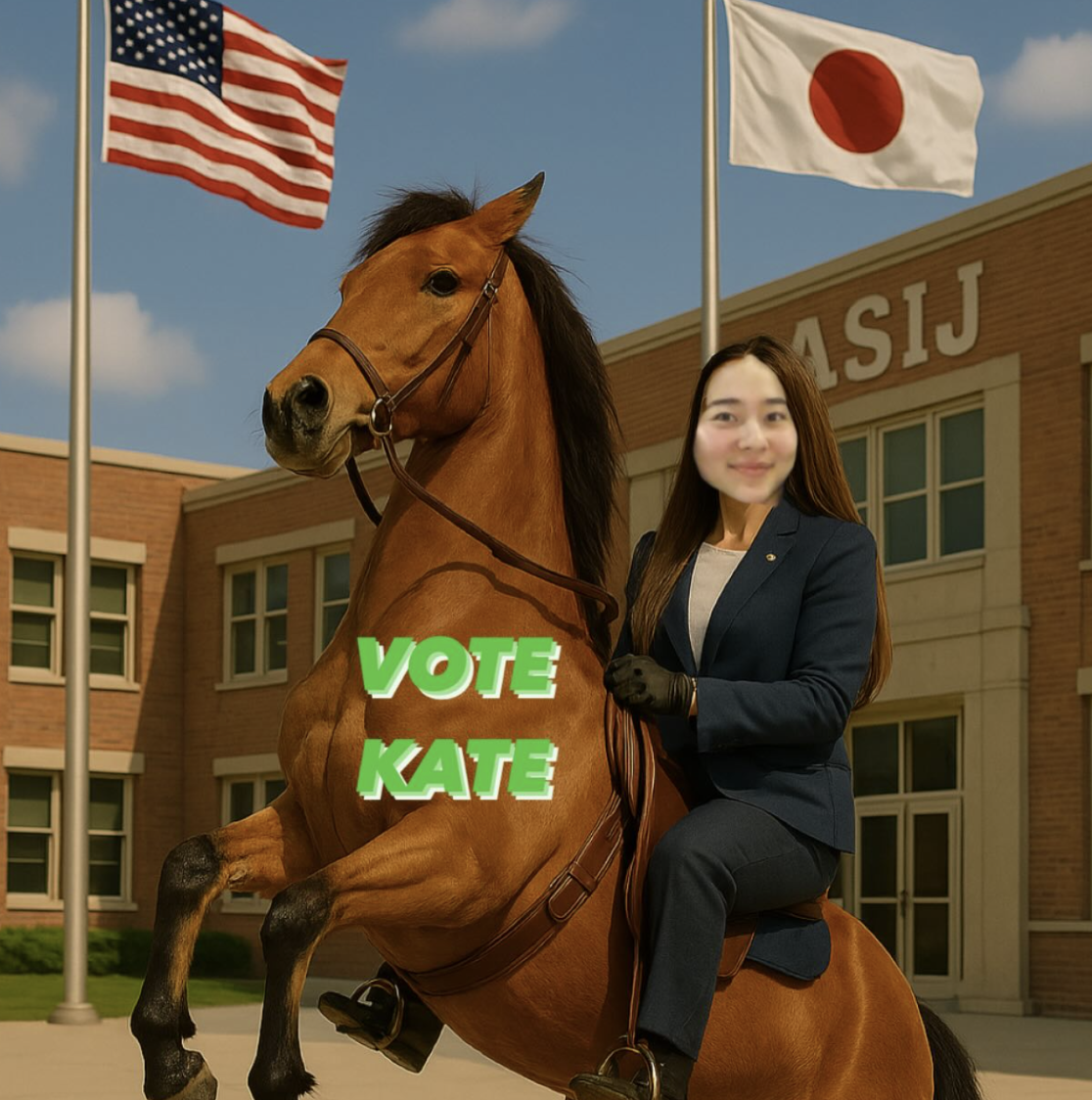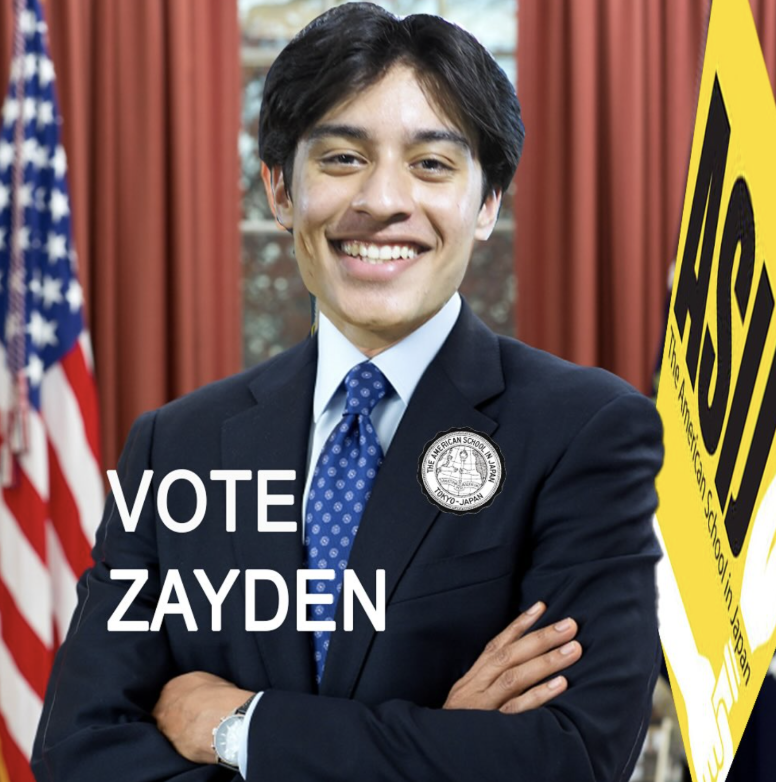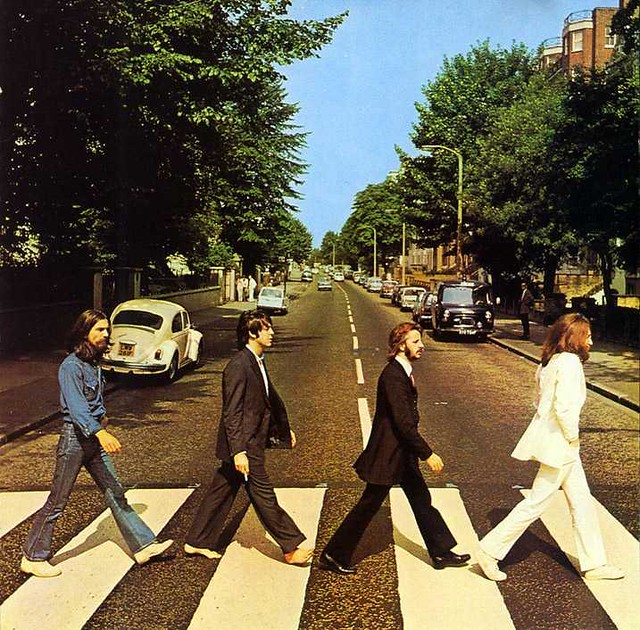The Path Ahead: A Conversation with Dr. Hardin (Part 3)
March 14, 2023
As AI continues to revolutionize aspects of society, education must keep pace. Dr. Hardin recognizes the importance of staying ahead of the curve in these fast-changing times. He believes that the responsibility to equip students with the intellectual arsenal needed to navigate the challenges of the modern era is magnified in a school like ASIJ, where resources and opportunities are abundant.
The final part of Hanabi’s conversation with Dr. Hardin explores the ways in which ASIJ is cultivating a generation of future-ready students in a rapidly changing world — whether that be with regard to ChatGPT or amidst the dawn of the Age of Acceleration.
Read parts one and two on Hanabi.
What are some ways that ASIJ is preparing future-ready students who are ready to enter a workforce that is competitive? In addition to that, are there any fundamental pedagogical changes you believe we should be making as a school?
We talked with our teachers about two different ways of thinking about teaching and learning. On the left side here is the model of teaching and learning that I grew up in. And the truth is that this is the model that I taught for 20 years; that pretty much describes what I was like as a teacher. It isn’t the correct way.
We always assumed that this was the best way or the best practice to do it. But this model is really focused on what you need to know as a student, and how as a teacher, I can help you learn. In terms of where we are headed as a school, we need to think differently about what the experience of learning looks like at ASIJ.
This is really focused on more the how and the why, and not as much on the what—there always be a what because there are so many interesting things to read and to study. But that’s less important than really thinking about how students learn and what our role as teachers in the classroom is. What I hope ASIJ does over time is find change around moving more toward this way [points at column on the right, labeled “Deep Learning”].
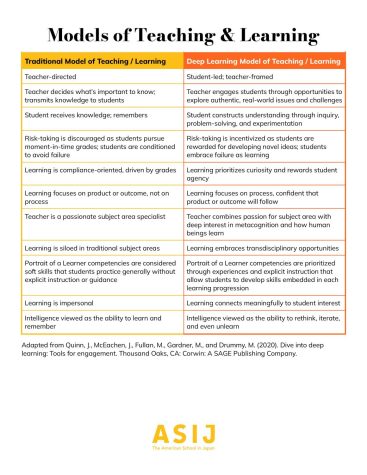
One of the things that I really care about is thinking about how we can make learning at ASIJ go outside the classroom. It’s not just about taking a test and getting an “A” because truthfully in the grand scheme of things, taking a test and getting an “A” really isn’t that important. It is important, but it’s really not that important. It’s really about learning—learning these competencies so that you’re capable of performing and thinking and communicating at the highest possible levels.
So, one of the things that I think that we have to do is really try hard to create learning experiences for our students of all levels from kindergarten to high school, that are outside the classroom, connected to people in our neighborhood, or more broadly in Tokyo or in Japan or in Asia, or in the world. And in this world where we have so much connectivity through Zoom, it’s not that hard to do. That’s one of the things that we learned from the pandemic: it’s so easy to do. We’ll do everything that we can for students who are here now—especially older students—and are shifting our approaches, but it won’t happen overnight.
It seems like ASIJ has quite robust and clear-cut visions for what they wish to see in students such as the Learning Framework and Portrait of a Learner Competencies. Do you see these frameworks changing as technology develops further? Or do you see them more as constant, unchanging blueprints for learning within a rapidly changing world?
What we’re seeing now is what they call the Age of Acceleration. We’re navigating an era completely different from what any human being has previous experience with. So, I’m skeptical of anyone who tells me they know exactly what will be in 2030 or 2040. And to answer your question, I honestly don’t know.
It kind of scares me. There’s a wonderful quote by one of the most influential philosophers that I’ve read in recent years, and he says that what human beings need now is a sense of bewilderment. Don’t listen to anyone who has hubris, with excessive pride or arrogance. Listen to the bewildered person because the fact of the matter is that everything is changing so rapidly.
Finally, to your point on the Age of Acceleration, do you think that humanity has lost control of the objects of their very creation? And if so, how can we keep sacred the fundamental essence of what makes us human?
Again, I don’t know for sure. But if I have any fear about the future, it’s human beings. That sounds terrible, but human beings can be remarkably lazy sometimes. And I don’t mean that in a singularly negative way; I can be lazy to write sometimes—we all can. But if we become too dependent without asking questions, I think we risk losing a lot of control. I think that every human being has to find purpose and find meaning in making a life for themselves. And how we do that is very different. But we’re moving into a world where finding purpose and meaning is becoming difficult when there’s so much technology permeating everything in our life.
We’ve read a lot about where schools and education are going and how things are shifting. But again, no one knows for sure.

